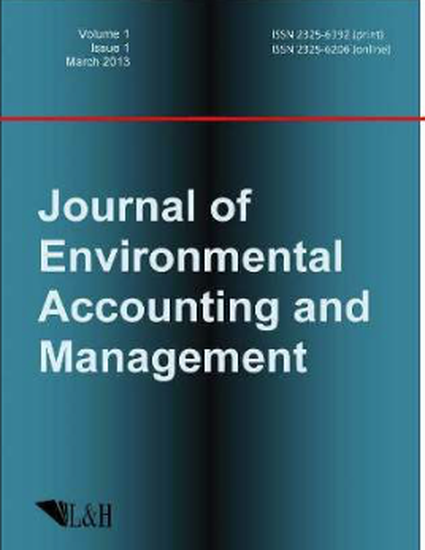
Article
Energy and Existential Sustainability: The Role of Reserve Capacity
Journal of Environmental Accounting and Management
(2013)
Abstract
Sustainability emerges from successfully solving the problems that confront a society. Problem solving leads to increasing complexity and imposes costs. Sustainability is therefore a benefit/cost function subject to diminishing returns. Problem solving and sustainability ultimately depend on having supplies of energy and other resources of high quality, quantity, and productivity. When confronted with existential problems–threats to the existence of a society or way of life a sustainable society must be able to draw upon reserve re- sources that are readily available. Lack of such reserves can make a society unable to solve problems and vulnerable to collapse. This is illustrated by two periods in Roman history, the Second Punic War (218-201 B.C.) and the Battle of Adrianople (A.D. 378). Rome’s ability to recover from these crises illustrates the importance for sus- tainability of reserve capacity to solve problems. This finding is ap- plied to a discussion of problem-solving capacity under declining petroleum supplies, and in a future dependent on renewable energy.
Disciplines
Publication Date
2013
DOI
DOI: 10.5890/JEAM.2013.08.001
Citation Information
Joseph Tainter. "Energy and Existential Sustainability: The Role of Reserve Capacity" Journal of Environmental Accounting and Management Vol. 1 Iss. 3 (2013) p. 213 - 228 Available at: http://works.bepress.com/joseph_tainter/298/
